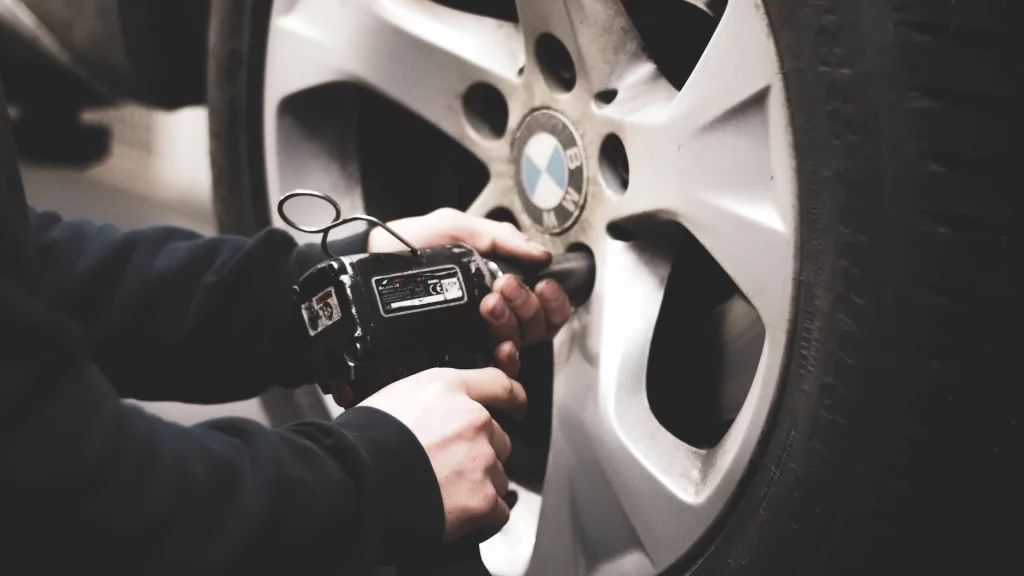Americans took to the polls in their numbers to vote for the right-to-repair. While the concept of fixing and modifying their gadgets appeals to users, the manufacturers are pissed. Nonetheless, the right-to-repair movement appears to spread its wings across the country as more states vote massively in favor of the bill.
Maine took to the polls and voted overwhelmingly in favor of the right-to-repair bill. They believe it would standardize several key components across America’s automakers. However, the battle for consumer rights clashes with the interests of automakers and consumer throwaway culture.
While Maine isn’t the first state to pass such a law, it follows similar moves from Massachusetts. In the Bay State, lawmakers standardized telematics across vehicles in 2022. The idea behind the “right to repair” is in the name. If you own something, you should be able to repair it yourself or take it to a technician of your choice.
People are familiar with this concept regarding older cars and appliances. Still, right-to-repair advocates argue that modern tech is rarely repairable, especially anything with a computer chip inside.
Legally, American car shoppers are allowed to repair whatever they buy. But practically, manufacturers often deny people the information or the parts to do so. Hence, the right-to-repair movement.
The Repair Association, a right-to-repair advocacy group, has several policy objectives. They include making information available, making parts and tools available, allowing unlocking, and accommodating repair in the design.
Similarly, the measures proposed in Maine called for automakers to standardize onboard diagnostic systems across vehicles. Consequently, residents voted overwhelmingly for the move, allowing owners and independent repair shops to access such systems.
Supporters like the Coalition for Automotive Repair Equality, Advance Auto Parts, and AutoZone argued the initiative was essential. They added that more vehicles are transmitting real-time diagnostic and repair information wirelessly to automakers and their dealerships, which could make it harder for independent repair shops to fix cars.
However, the Alliance for Automotive Innovation, representing significant automakers such as Ford, General Motors, and Toyota, opposed the initiative, stating the election results were “disappointing but hardly surprising.”
Unable to depend on forced repairs for revenue, manufacturers might become more transparent about the repairability of their products and redesign electronics to appeal to tech-savvy consumers. While these regulations greatly benefit consumers, the goal of reducing the need for new devices and manufacturer repairs bothers many of the companies involved.
Companies like Apple and LG attribute the bulk of their yearly revenue to new product sales, meaning right-to-repair laws significantly threaten their earnings. Also, some consumers and tech experts worry about the safety implications of making devices more accessible to modify and repair.
In addition, experts worry that enforcing these regulations would drastically change the markets of the affected products. Nonetheless, with recent successful advancements in the right-to-repair movement, companies have returned to their drawing board. Apple, Google, and Microsoft have all begun making these changes with their latest electronics.
